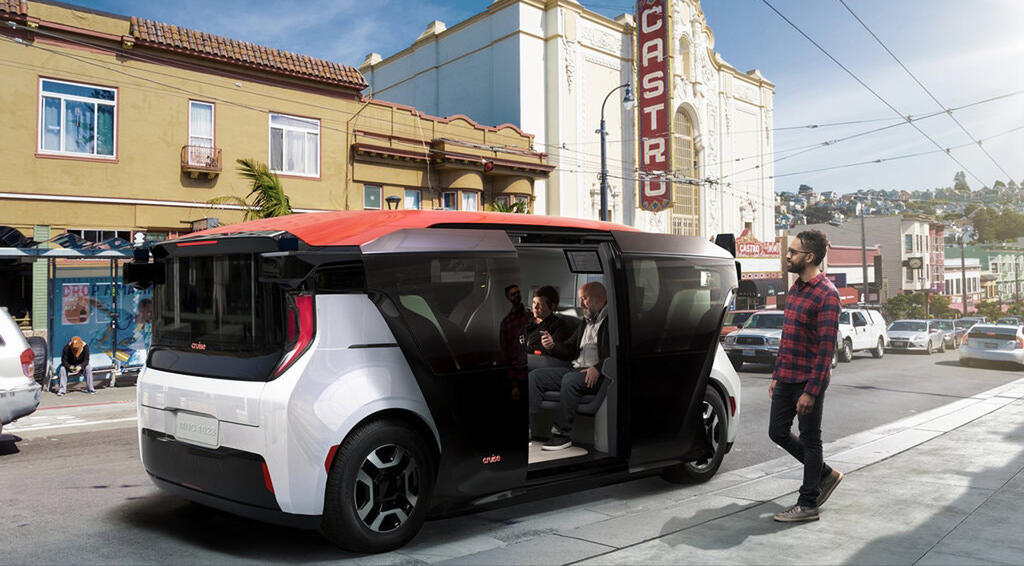Robotaxis Cruising? Not so much!
The robotaxi turmoil in the Wild West continues and especially Cruise is facing an uphill road from here. You’ll find more about the latest industry updates here, plus an almost tragicomic story about what overreliance on technology might cause.

When we recently covered the robotaxi deployment issues in San Francisco, it could have been perceived as just a small bump in the road but it proved to be much more than that – at least for GM’s Cruise. In the past few months, key executives, including the Cruise CEO, have resigned, and all US-based robotaxi operations have been paused. Additionally, the production of the Origin, their first AV-dedicated vehicle has been suspended, and Cruise is now grappling with a fine for insufficient transparency regarding the triggering accident involving a pedestrian.
Whether coincidental or not, several automotive organizations, including AVIA, are now lobbying the US Department of Transportation to increase support for the US industry, emphasizing concerns about the threat from Chinese competitors.
Amidst these challenges, the prominent AV player Waymo appears to remain in good shape, steadily advancing its roll-out plans.
Texas has long been a crucial state for testing autonomous vehicles, especially trucks, benefiting from its nearly nonexistent regulatory framework. At the same time, cities in the Lone Star state lack legal authority to block AV trials they perceive as unsafe. However, Texan city officials possess a unique tool; unlike in California, a Texas policeman can issue a fine to an autonomous vehicle even if there is no driver present!
Finally, an almost tragicomic story on the potential pitfalls of overreliance on technology. Google Maps recently issued an official apology after hundreds of car drivers had been diverted into the desert following a suggestion to detour around a sandstorm, but instead ultimately requiring towing assistance. Fortunately, no one appears to have been in any personal danger.


